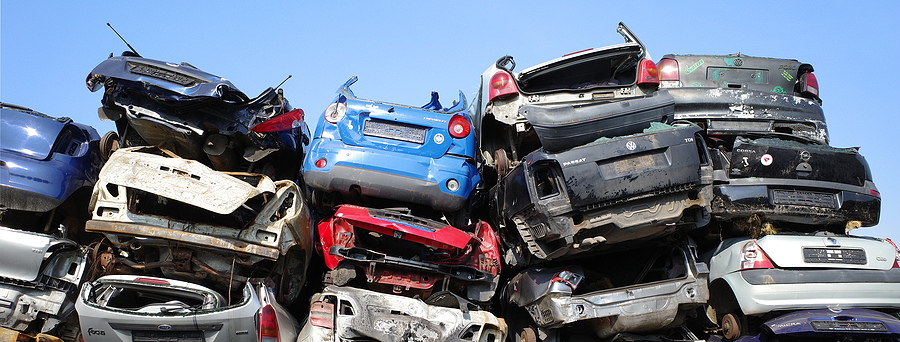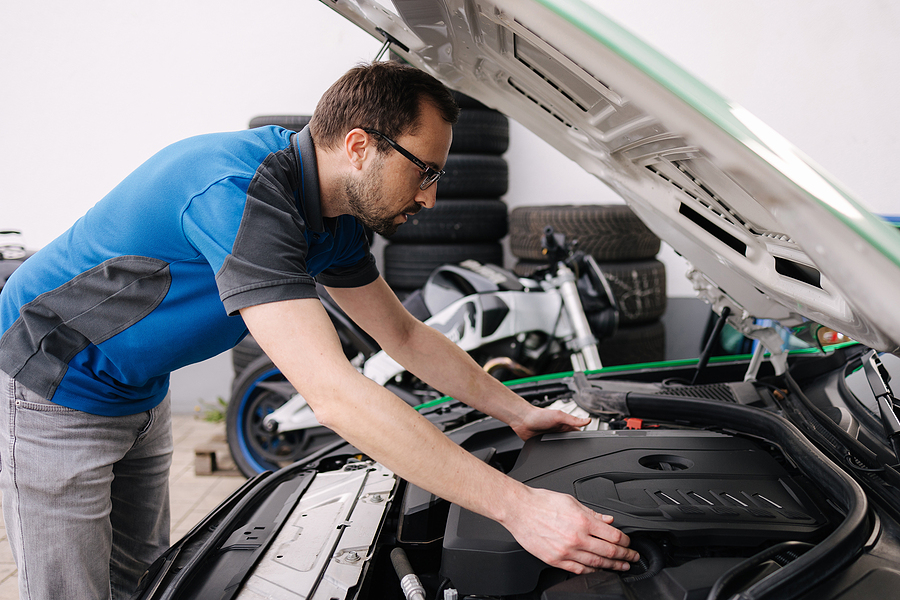Welcome to a deep dive into the fascinating world of automotive recycling, where old, discarded vehicles are given a new lease of life in a way that contributes to sustainability. It’s a realm where sustainability and practicality merge, where junk cars are not merely waste but a resource to be harvested. It’s an industry that’s steering the world towards a more sustainable future, without sacrificing our need for mobility.
We invite you to journey with us as we explore how automotive recycling is making a significant impact in reducing waste, conserving resources, and mitigating the environmental footprint of the automotive industry.

Reducing Waste: The Problem of Junk Cars
The automotive industry is a major contributor to the global economy, but with it comes significant environmental challenges. One such challenge is the disposal of junk cars that have reached the end of their lifespan. These abandoned vehicles not only take up valuable space in landfills but also release harmful chemicals into the environment as they break down over time. According to the Environmental Protection Agency (EPA), over 10 million cars are disposed of every year in the United States alone, with only a fraction being recycled. This staggering amount of waste not only impacts the environment but also poses health hazards to nearby communities.
The Solution: Automotive Recycling
Thankfully, automotive recycling offers a sustainable solution to this problem. Instead of disposing of these vehicles in landfills, they are brought to specialized recycling facilities where they undergo a rigorous process to be dismantled and recycled. The parts that can still be used are sold as replacement parts for other cars, while the remaining materials are melted down and repurposed into new products. This not only reduces waste but also conserves natural resources by reducing the need for new materials to be mined or produced.
Conservation of Resources
The motor vehicle industry relies heavily on natural resources such as steel, aluminum, and rubber. By recycling these materials from junk cars, the demand for new resources decreases, thereby reducing the strain on our planet’s limited resources. In fact, it is estimated that every year, over 25 million tons of recycled material is used to manufacture new vehicles, saving energy and resources in the process. This not only benefits the environment but also helps to lower production costs for manufacturers, making their products more affordable for consumers.
Environmental Footprint
Motor vehicle recycling goes beyond just reducing waste and conserving resources; it also has a significant impact on mitigating the environmental footprint of the automotive industry. As mentioned earlier, abandoned vehicles release harmful chemicals into the environment as they break down. By properly recycling these cars, these chemicals are safely contained and disposed of, minimizing their impact on the environment. Additionally, by reducing the need for new resources and lowering energy consumption in production, auto recycling helps to reduce greenhouse gas emissions and combat climate change.
In Conclusion
It’s clear that junk car recycling plays a crucial role in steering the world towards sustainability, and the benefits go far beyond just reducing waste. From conserving resources to mitigating environmental impact, this industry is making a significant positive impact on our planet. As consumers, we can also do our part by choosing to recycle our own vehicles when they reach the end of their lifespan. By working together with the automotive recycling industry, we can create a more sustainable future for generations to come. So, the next time you see an old, abandoned car on the side of the road, remember that it is not just a piece of junk but a valuable resource that can contribute towards a greener and more sustainable world. Let’s continue to drive towards a better future through automotive recycling.
Are you the owner of a junk car or scrap car parts? Would you like to clear up some garage space for something more useful? If so, contact Zore’s Recycling at 317-244-0700 to sell a junk car for cash on the spot in Indianapolis, Indiana. We accept all automotives, plus offer free junk car removal.
Related Posts:
Which Car Parts are the Best for Metal Recycling?
How Much Can I Really Get for My Junk Car in Indianapolis?
FAQS About Auto Recycling

